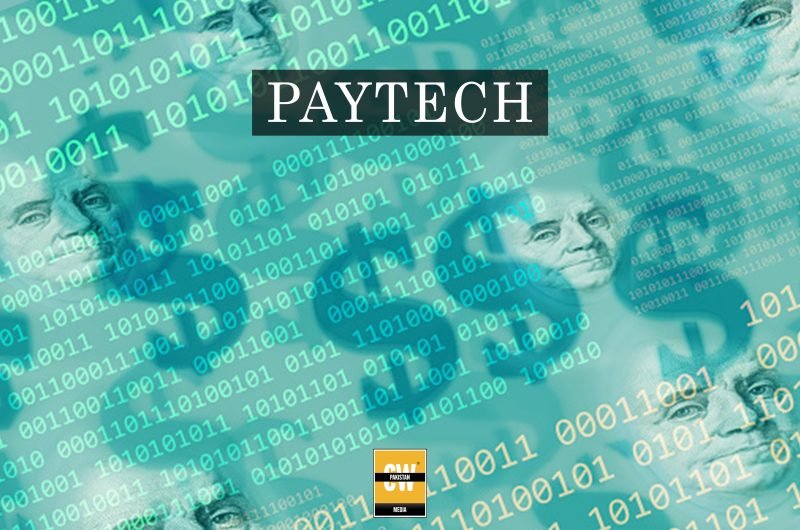Islamabad, 7 August 2025 – The GSMA hosted the second edition of its Digital Nation Summit in Islamabad, spotlighting Pakistan’s progress toward becoming a digitally empowered economy. The event brought together high-level government officials, regulators, and industry leaders to examine how digital connectivity can fuel inclusive growth, enhance trust in technology, and position Pakistan as a regional leader in the digital space.
At the summit, the GSMA launched its new report, Unlocking Pakistan’s Digital Potential: Reform, Trust and Opportunity, offering critical insights into Pakistan’s mobile internet landscape and outlining key policy actions required to close the digital divide. The report underscores the urgency of reform, as Pakistan continues to face the largest mobile internet usage gap in the Asia Pacific region.
Julian Gorman, GSMA’s Head of Asia Pacific, delivered the keynote, stating that despite 81 percent mobile broadband coverage and 68 percent smartphone penetration, only 29 percent of Pakistan’s population used mobile internet in 2024. This leaves a concerning 52 percent usage gap, significantly limiting digital inclusion. He stressed that Pakistan has the capability and ambition to become a digital powerhouse, but regulatory and fiscal constraints are curbing investment and stifling innovation.
The GSMA report identifies high spectrum prices, excessive sector-specific taxation, and regulatory uncertainty as primary barriers to digital expansion. For example, spectrum cost-to-revenue ratios in the region have tripled from 3 percent in 2014 to 9 percent in 2023. In Pakistan, the delayed 5G auction and low allocation of IMT spectrum further constrain progress. The report calls for a clear spectrum roadmap, sustainable pricing models, and spectrum-sharing policies to allow more efficient network deployment.
Mobile sector taxation also remains among the highest in Asia Pacific, with combined consumer taxes reaching 33 percent. This level of taxation limits affordability and discourages digital adoption. The report recommends aligning fiscal policies with digital development goals through reduced duties on devices and services and offering tax incentives for infrastructure development and research.
Notably, the summit highlighted significant gender progress. Pakistan recorded the highest improvement in women’s mobile internet adoption, rising from 33 percent to 45 percent in 2024. This demonstrates the potential impact of targeted literacy and inclusion programs. However, the report also warns of rising digital fraud as a growing barrier to trust. Pakistan’s engagement in the GSMA APAC Cross-Sector Anti-Scam Taskforce is seen as a positive step, though efforts must be scaled up to protect consumers.
Pakistan’s Federal Minister for IT & Telecom, Shaza Fatima Khawaja, reaffirmed the country’s commitment to digital transformation, stating that under the leadership of Prime Minister Shehbaz Sharif, Pakistan is building a resilient and inclusive digital ecosystem. The minister cited a 14 percent rise in the ITU ICT Development Index, over 10 million new broadband users, and a 24 percent increase in internet consumption as indicators of strong digital momentum.
She further detailed strategic initiatives, including the launch of AI-powered data centres, the operationalization of 40 Software Technology Parks, the deployment of new submarine cables, and 17 telecom projects extending optic fibre to over 500 underserved areas. These actions, she said, are central to ensuring that digital access reaches every corner of the country.
The GSMA report concludes with four major policy recommendations: reforming spectrum policy, aligning taxation with digital goals, building digital trust through security initiatives and literacy programs, and modernizing regulation to support innovation in 5G, IoT, and AI. With the right policy framework, GSMA believes Pakistan is well positioned to become a regional hub for developer services and IT outsourcing.
As the Asia Pacific region advances rapidly in digital technologies, the summit marked a timely and critical discussion on unlocking Pakistan’s digital future. The GSMA’s roadmap provides policymakers, regulators, and stakeholders with a blueprint for transformative change—and calls for immediate action to realize Pakistan’s full digital potential.








